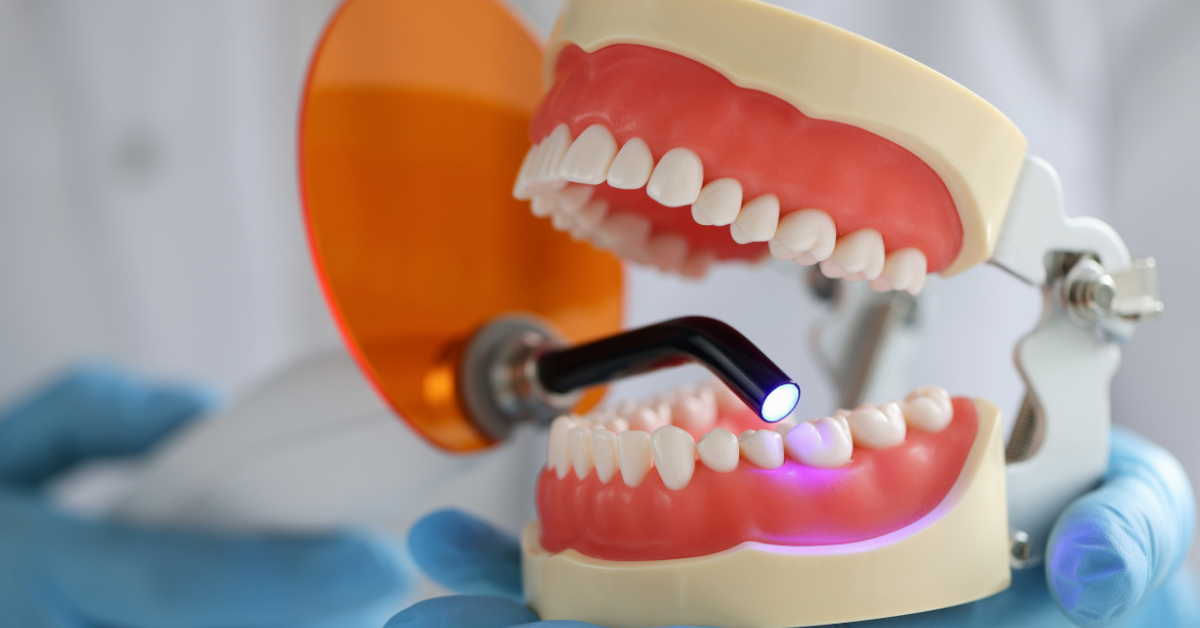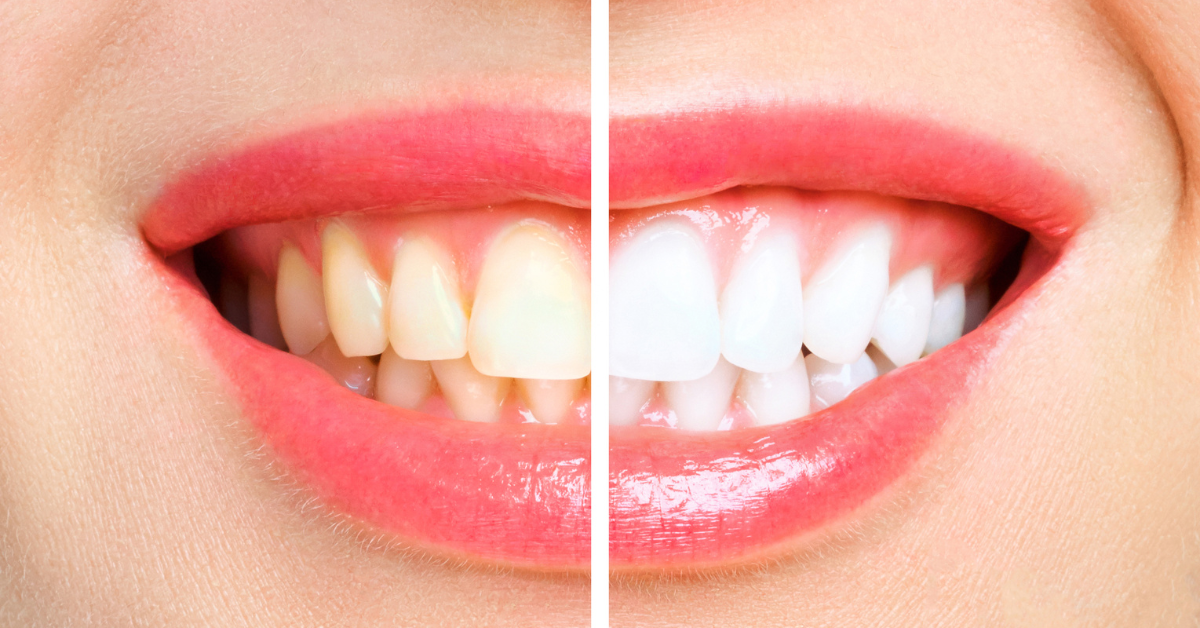Dental fillings are a common and effective treatment for tooth decay, restoring the shape, function, and appearance of damaged teeth. They are typically made of composite resin or amalgam (a mixture of metals) and are bonded to the tooth to seal the cavity and prevent further decay.
While dental fillings are designed to last for many years, they are not permanent and can fall out under certain circumstances. Understanding the factors that contribute to filling loss can help you maintain your dental health and prevent fillings from falling out prematurely.
Factors Contributing to Filling Loss
Several factors can contribute to the loss of dental fillings, including:
-
Wear and Tear: Over time, fillings can wear down due to normal chewing and biting forces. This wear and tear can eventually cause the filling to become loose or break, especially if subjected to excessive force.
-
Decay Around the Filling: If decay occurs around the edges of the filling, it can undermine the bond between the filling and the tooth, causing the filling to loosen and eventually fall out.
-
Bruxism (Teeth Grinding): Bruxism, the involuntary grinding or clenching of teeth, can put excessive stress on fillings, increasing the risk of breakage or loss.
-
Chewing Hard Objects: Chewing on hard objects, such as ice or candy, can put undue stress on fillings and can cause them to chip, crack, or fall out.
-
Large Fillings: Large fillings may be more prone to breakage or loss due to the increased stress they are subjected to during chewing.
Signs of a Loose Filling
If you suspect your filling may be loose, be aware of these signs:
-
Sense of Movement: You may feel a slight movement or vibration in the filling when you chew or touch it with your tongue.
-
Pain or Sensitivity: A loose filling may cause pain or sensitivity to hot, cold, or sweet foods and beverages.
-
Visible Gaps: You may notice visible gaps or spaces between the filling and the tooth.
What to Do If a Filling Falls Out
If a filling falls out, it’s important to act promptly to prevent further damage to the tooth and surrounding area. Follow these steps:
-
Save the Filling: If possible, try to save the filling to bring it to your dentist.
-
Rinse the Area: Rinse your mouth gently with warm water to remove any debris.
-
Schedule an Appointment: Contact your dentist as soon as possible to schedule an appointment for a replacement filling.
Preventive Measures
To reduce the risk of fillings falling out, follow these preventive measures:
-
Maintain Good Oral Hygiene: Brush twice a day, floss daily, and use a mouthwash to remove plaque and bacteria, preventing decay that could lead to filling loss.
-
Avoid Chewing Hard Objects: Avoid chewing on hard objects, such as ice, nuts, or candy, to prevent chipping or breaking the filling.
-
Wear a Mouthguard: If you grind or clench your teeth, wear a mouthguard at night to protect your fillings and teeth from damage.
-
Regular Dental Checkups: Visit your dentist for regular checkups and cleanings to monitor the condition of your fillings and address any problems early on.
Conclusion
Dental fillings are valuable tools for restoring decayed teeth and maintaining oral health. While they are durable, they can fall out under certain circumstances. By understanding the factors that contribute to filling loss, following preventive measures, and seeking prompt treatment if a filling falls out, you can help ensure the longevity of your fillings and maintain a healthy smile. Please find the dental office near you in these locations: Attleboro, Chelmsford, Hyde Park, Jamaica Plain, Lynn, Manchester, Methuen, Roslindale, Taunton.




